Home>Garden Essentials>How Long To Keep Bulk Soil Mix
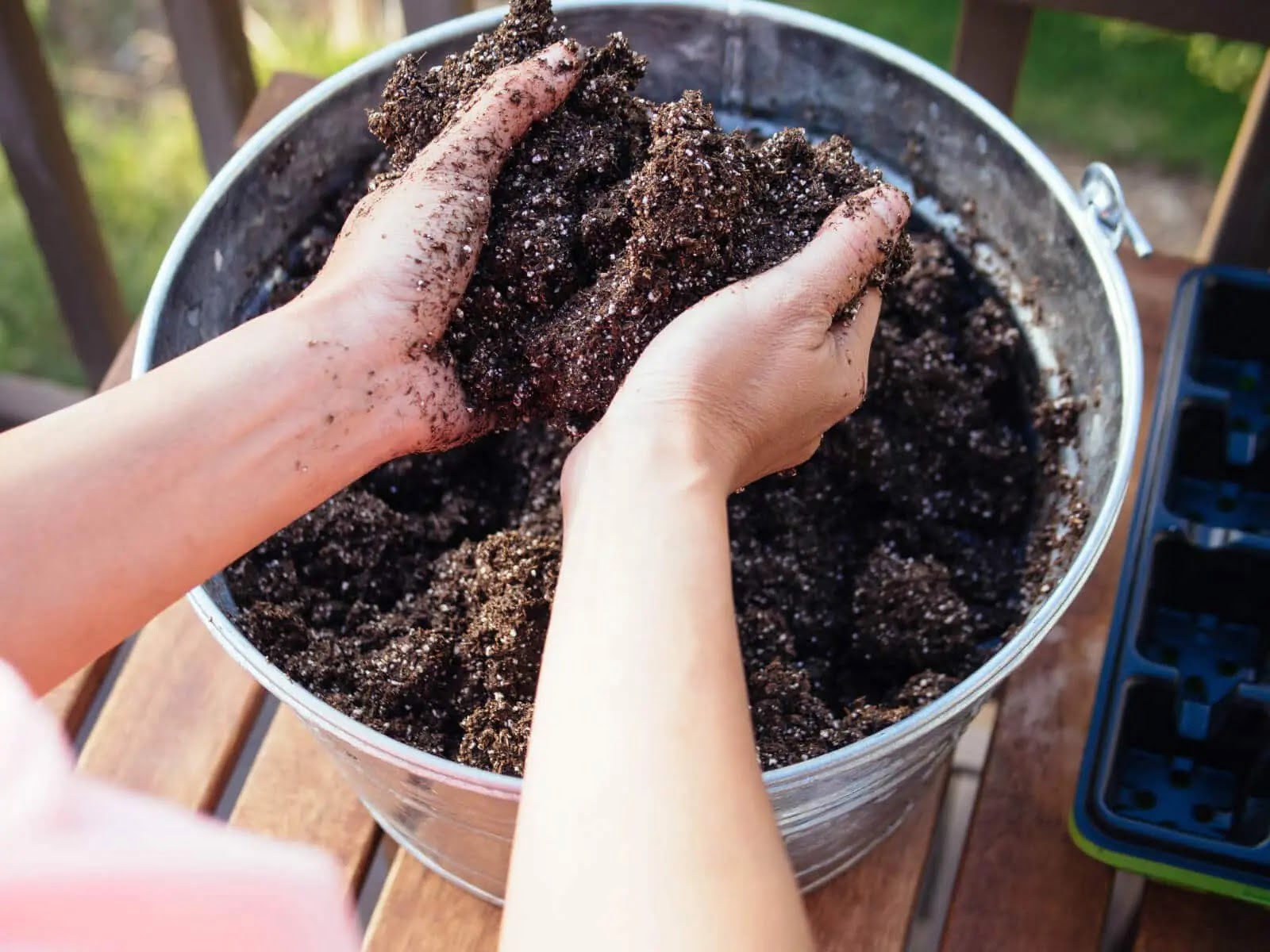

Garden Essentials
How Long To Keep Bulk Soil Mix
Modified: March 15, 2024
Find out how long you should keep your bulk soil mix in your garden for optimal results. Discover the best practices for using garden soil.
(Many of the links in this article redirect to a specific reviewed product. Your purchase of these products through affiliate links helps to generate commission for Storables.com, at no extra cost. Learn more)
Introduction
Having a healthy and fertile soil is critical for any successful garden. Whether you are cultivating vibrant flowers, lush vegetables, or beautiful herbs, the quality of your soil plays a significant role in the overall health and productivity of your plants. Many gardeners opt to purchase bulk soil mix to ensure they have an ample supply for their gardening needs. However, one question that often arises is how long to keep bulk soil mix before replacing it.
It’s important to note that the longevity of your bulk soil mix depends on several factors. Various elements, such as the composition of the soil, environmental conditions, and how it is stored, can all impact its lifespan. In this article, we will discuss the factors to consider before deciding how long to keep your bulk soil mix, signs that indicate it’s time for a replacement, and proper storage techniques to maximize its shelf life.
Key Takeaways:
- Keep an eye on your soil! Factors like plant needs, environmental conditions, and regular maintenance affect how long you can use bulk soil mix. Watch for signs like poor plant growth and nutrient deficiencies to know when it’s time for a change.
- Store smart for healthy plants! Cover and ventilate your soil mix, keep it away from sunlight and contaminants, and rotate your stock. By following these storage techniques, you can maintain the quality of your bulk soil mix for your garden.
Read more: Coir Soil Mix: How Long To Hydrate
Factors to consider before deciding how long to keep bulk soil mix
When determining how long to keep your bulk soil mix, it’s essential to consider the following factors:
- Soil Composition: The composition of your bulk soil mix is a crucial factor in determining its longevity. Different types of soil blends have different characteristics and nutrient profiles. Some mixtures may be specifically formulated for long-term use, while others may require more frequent replacement. It’s important to understand the composition of your soil mix and its intended purpose.
- Plant Requirements: The specific needs of the plants you are growing should also be taken into account. Some plants are more demanding and may deplete the nutrients in the soil more quickly. If you are growing heavy feeders or plants that have a short lifespan, you may need to replace your bulk soil mix more frequently to maintain optimal plant health.
- Environmental Conditions: The environment in which your soil mix is placed also plays a role in its lifespan. Factors such as temperature, humidity, and exposure to sunlight can affect the stability and nutrient content of the soil. Extreme heat or prolonged exposure to direct sunlight can accelerate the breakdown of organic matter and lead to nutrient depletion.
- Regular Maintenance: Proper care and maintenance of your bulk soil mix can prolong its lifespan. Regularly monitoring the pH levels, moisture content, and nutrient levels in the soil can help you identify when it requires replenishment. Amendments and fertilizers can be added to restore the nutrient balance and enhance the soil’s fertility.
- Crop Rotation: Implementing crop rotation techniques can also extend the life of your bulk soil mix. By regularly rotating your crops and diversifying the plant species, you can minimize the risk of nutrient depletion and reduce the chances of disease and pest buildup in the soil.
Considering these factors will help you make an informed decision on how long to keep your bulk soil mix before considering a replacement. It’s essential to strike the right balance between maximizing the use of your soil mix and ensuring the health and productivity of your plants.
Signs that it’s time to replace bulk soil mix
While there is no exact timeframe for when to replace your bulk soil mix, there are several signs that indicate it may be time for a refresh. By being attentive to these signs, you can ensure that your plants continue to thrive in a healthy growing medium. Here are some common indicators that it’s time to replace your bulk soil mix:
- Poor Plant Growth: If you notice a significant decline in the growth and vitality of your plants despite proper care and maintenance, it could be a sign that your soil mix is exhausted and no longer providing the necessary nutrients and support. Plants may appear stunted, exhibit yellowing or wilting leaves, or fail to produce flowers and fruits as expected.
- Frequent Nutrient Deficiencies: If you find yourself constantly having to supplement your plants with additional fertilizers and nutrients, it may be an indication that your soil mix is lacking in essential elements. Over time, the initially rich nutrient content of the soil can become depleted, leading to deficiencies in vital nutrients like nitrogen, phosphorus, and potassium.
- Persistent Pest and Disease Problems: Soil that has been used for an extended period without proper rejuvenation can become a breeding ground for pests and diseases. If you are experiencing ongoing issues with pests, such as root aphids, nematodes, or fungal infections, it may be a sign that the soil has become compromised and needs to be replaced.
- Bad Odor or Mold Growth: A strong, unpleasant odor emanating from your soil mix or the presence of mold growth on the surface can be signs of a fungal or bacterial overgrowth. These conditions can negatively affect plant roots and hinder their ability to absorb nutrients. If you consistently notice these signs, it may be time to discard and replace your soil mix.
- Visible Soil Degradation: Over time, organic matter in the soil breaks down, leading to a decrease in its structure and texture. Soil that has become compacted, clumpy, or demonstrates a loss of its crumbly nature is an indication that it has reached its limit and should be replaced to provide a more favorable growing environment for your plants.
While these signs can serve as helpful guidelines, it’s important to remember that every garden is unique, and individual plant requirements may vary. Regular observation and assessment of your plants’ health, combined with periodic soil testing, can help you determine if and when it’s time to replace your bulk soil mix.
Store bulk soil mix in a cool, dry place for up to 6 months. After that, the nutrients may start to break down. Keep it covered to prevent moisture and pests.
Proper storage techniques for bulk soil mix
Proper storage of your bulk soil mix is essential for maintaining its quality and prolonging its shelf life. By following these storage techniques, you can ensure that your soil mix remains in optimal condition until you are ready to use it:
- Keep it covered: Protect your bulk soil mix from exposure to the elements by storing it in a covered container. This will prevent moisture from seeping in, which can lead to mold, fungal growth, and nutrient loss.
- Avoid direct sunlight: UV rays from direct sunlight can degrade the organic matter in your soil mix and impact its nutrient content. Store your soil in a shaded area or use a dark-colored container that can block out sunlight.
- Maintain proper ventilation: While it’s important to keep your soil mix covered, adequate ventilation is also essential to prevent the buildup of excess moisture and promote air circulation. Consider using a container with small perforations or vents to allow for proper airflow.
- Store in a cool and dry place: Extreme temperatures and high humidity can accelerate the breakdown of organic matter and contribute to nutrient loss. Choose a storage location that is cool and dry, such as a basement or a clean and dry storage shed.
- Avoid contamination: Keep your bulk soil mix away from sources of contamination, such as chemicals, fertilizers, and pesticides. These substances can seep into the soil mix and affect its composition and suitability for use.
- Seal the container: If you have opened bags of soil mix, make sure to seal them tightly to prevent moisture and pests from entering. Consider using ziplock bags or airtight containers for smaller quantities of soil mix.
- Rotate your stock: If you frequently purchase bulk soil mix, it’s a good practice to rotate your stock. Use older batches of soil mix before opening new ones to ensure that you are using the oldest soil first and preventing any waste.
By implementing these storage techniques, you can maintain the quality and integrity of your bulk soil mix, allowing you to have a reliable and nutrient-rich growing medium for your plants.
Conclusion
When it comes to deciding how long to keep bulk soil mix, there is no one-size-fits-all answer. The lifespan of your soil mix depends on various factors, including its composition, the needs of your plants, environmental conditions, regular maintenance, and crop rotation practices. By considering these factors and observing signs such as poor plant growth, nutrient deficiencies, pest infestations, soil degradation, and unpleasant odors, you can determine when it’s time to replace your soil mix.
Proper storage techniques are crucial for maintaining the quality of your bulk soil mix. Keeping it covered, protected from direct sunlight, ensuring proper ventilation, storing in a cool and dry place, and avoiding contamination will help extend its shelf life. Sealing opened bags, rotating your stock, and utilizing airtight containers can further enhance the longevity of your soil mix.
Remember, the health and productivity of your plants depend on the quality of the soil in which they grow. While it may be tempting to hold on to your bulk soil mix for an extended period, it’s essential to strike a balance between maximizing its use and ensuring optimal plant health. Regular monitoring, soil testing, and replacing the soil when necessary will help provide your plants with the nutrients and support they need to thrive.
So, keep these factors and proper storage techniques in mind as you make decisions about how long to keep your bulk soil mix. With proper care and attention, you can enjoy healthy and flourishing plants in your garden for seasons to come.
Frequently Asked Questions about How Long To Keep Bulk Soil Mix
Was this page helpful?
At Storables.com, we guarantee accurate and reliable information. Our content, validated by Expert Board Contributors, is crafted following stringent Editorial Policies. We're committed to providing you with well-researched, expert-backed insights for all your informational needs.
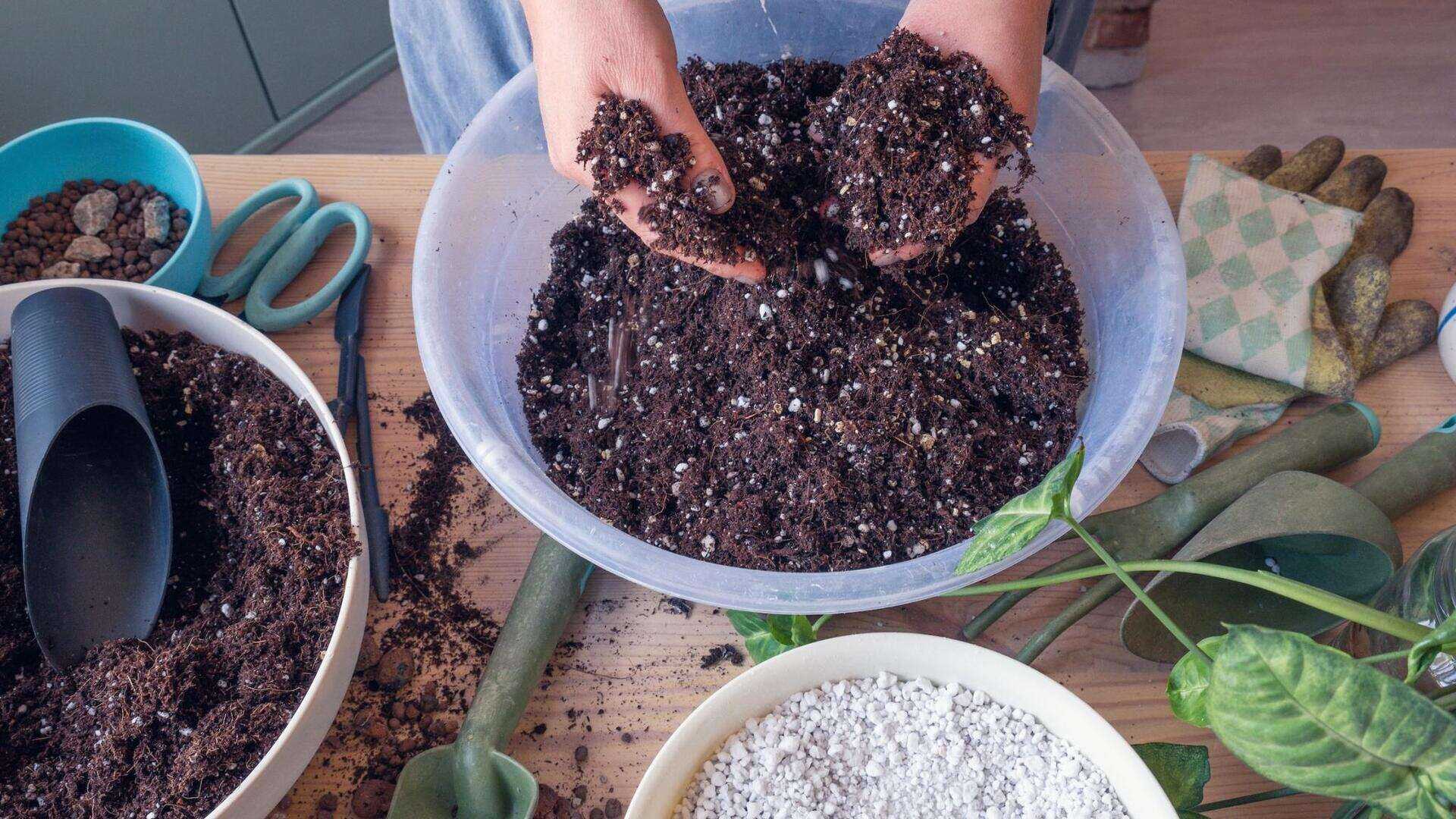
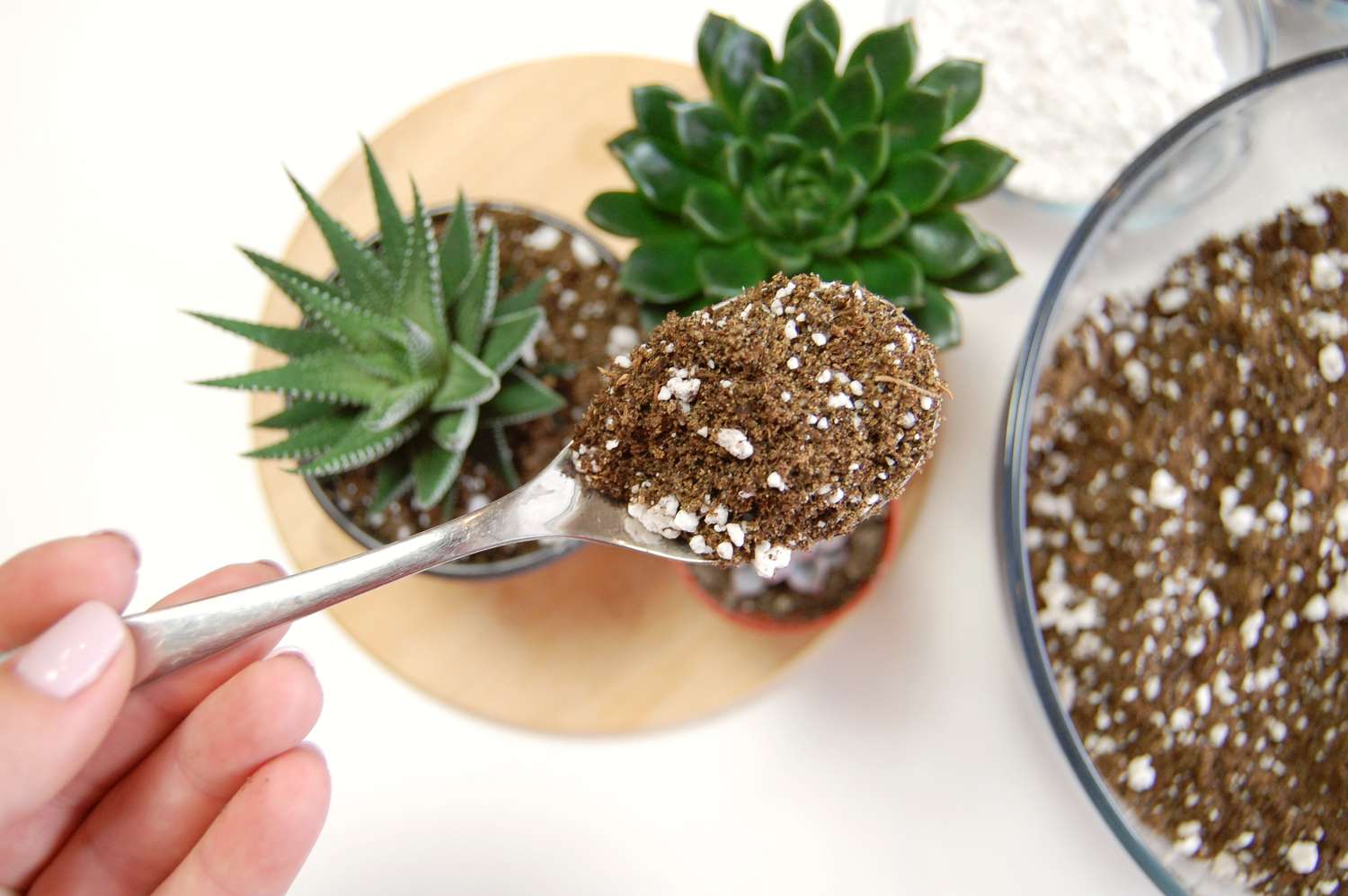
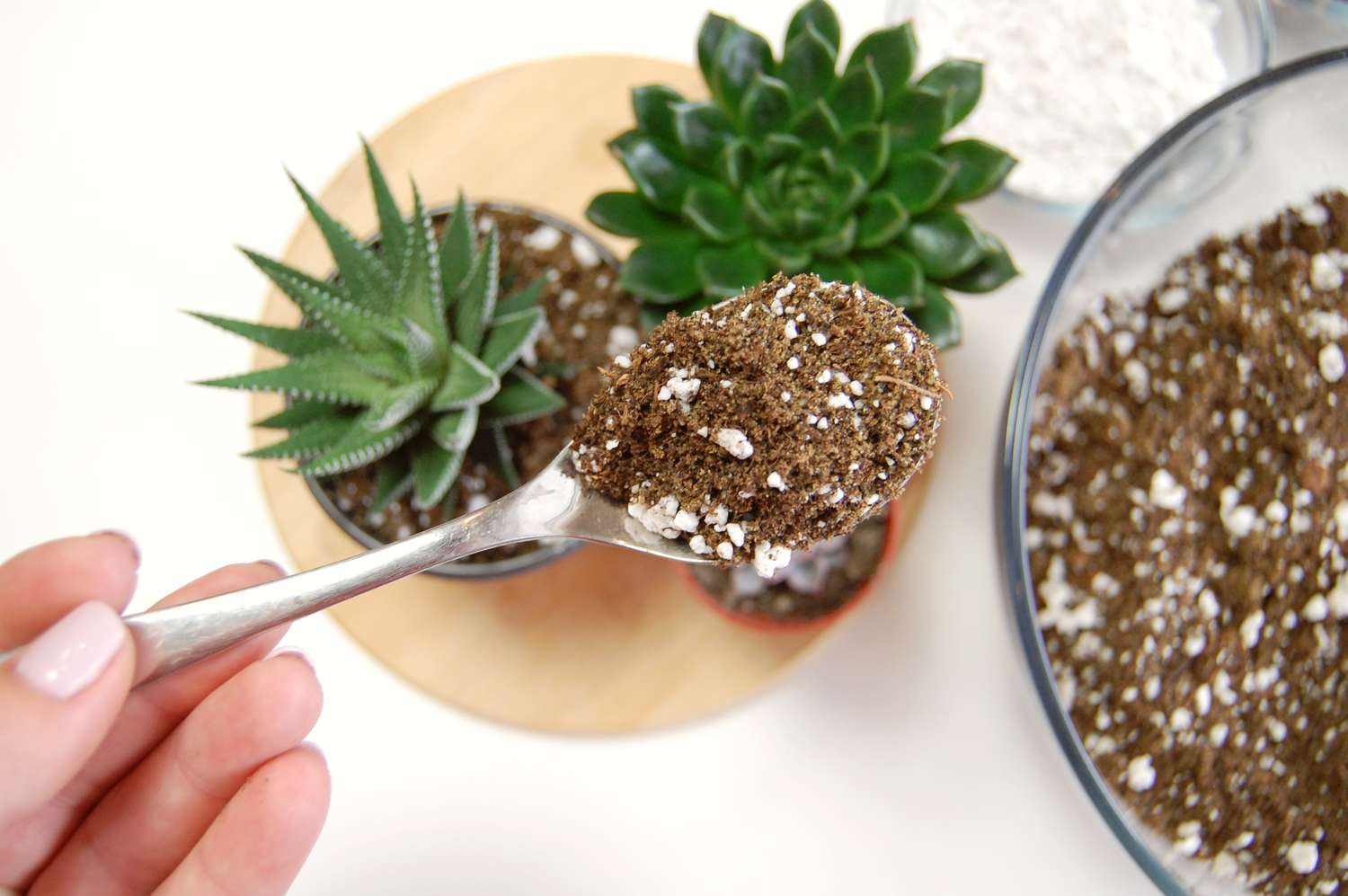
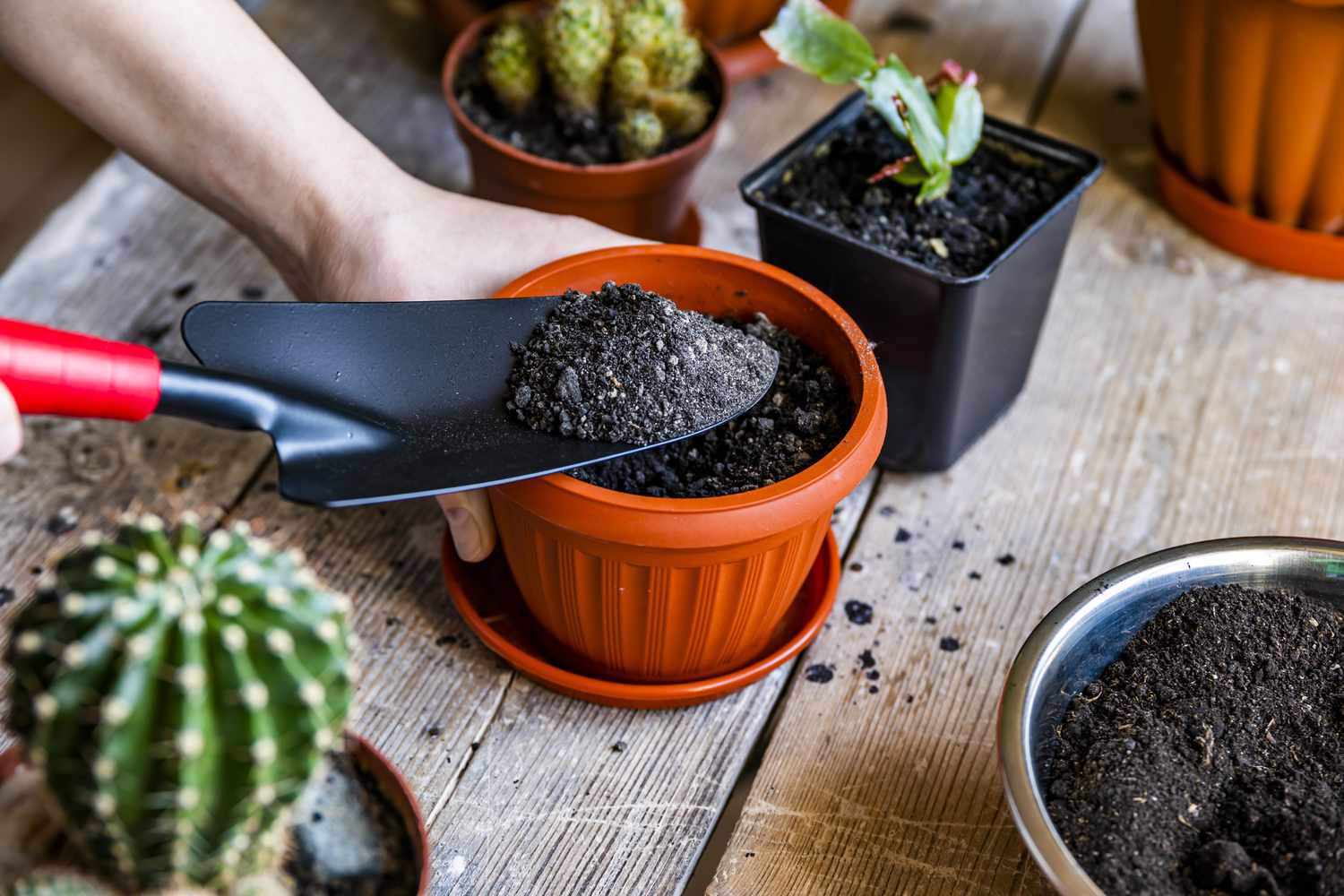
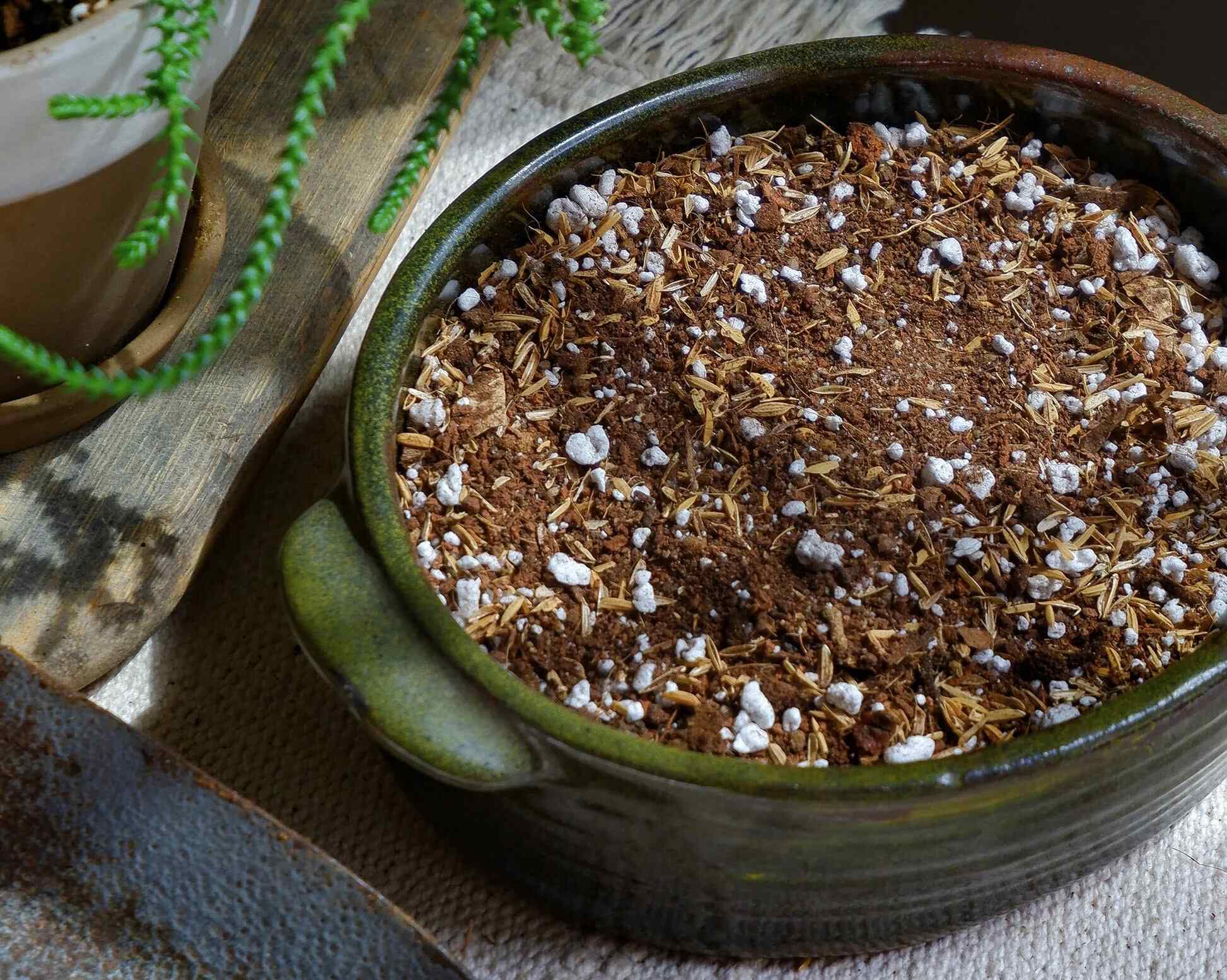
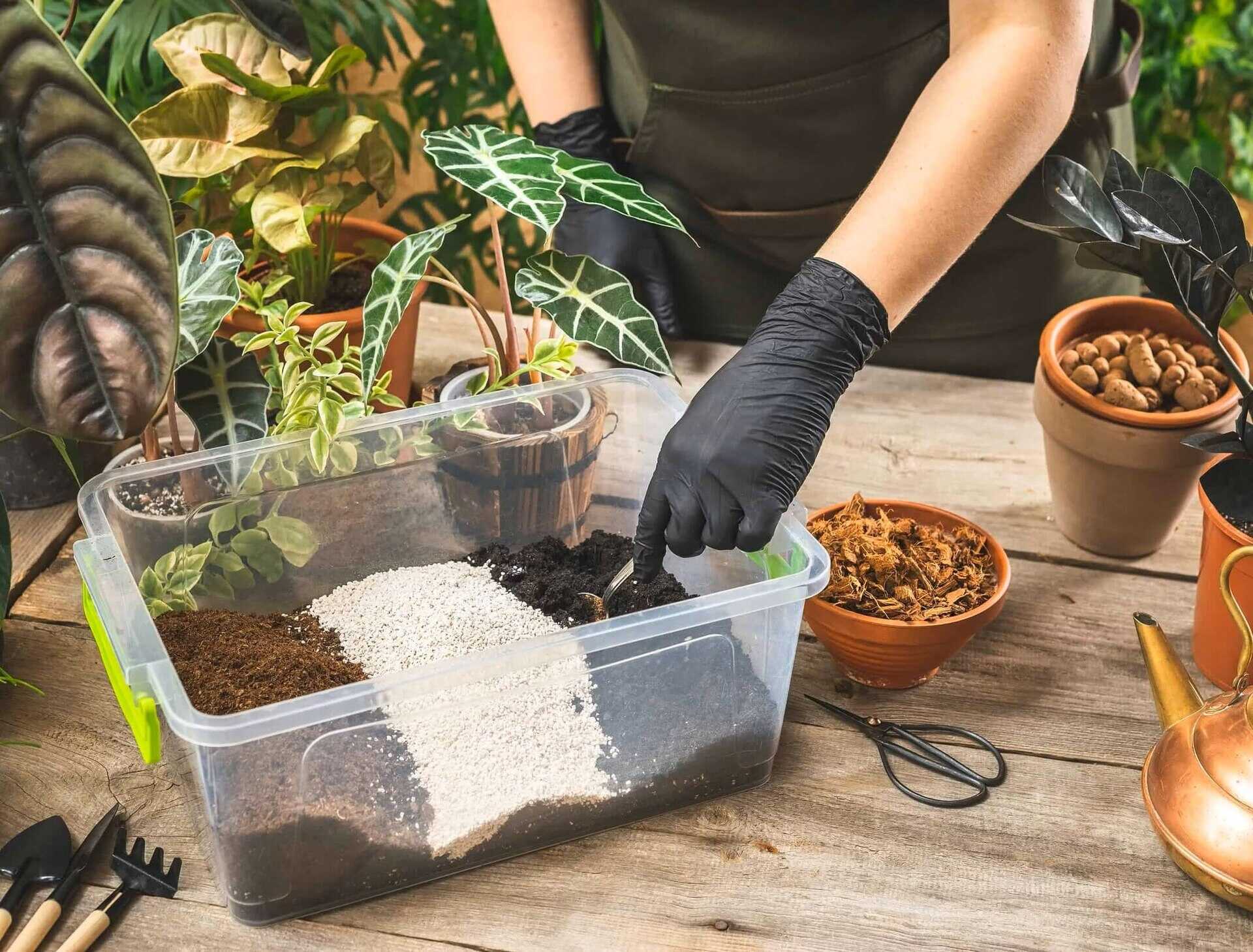
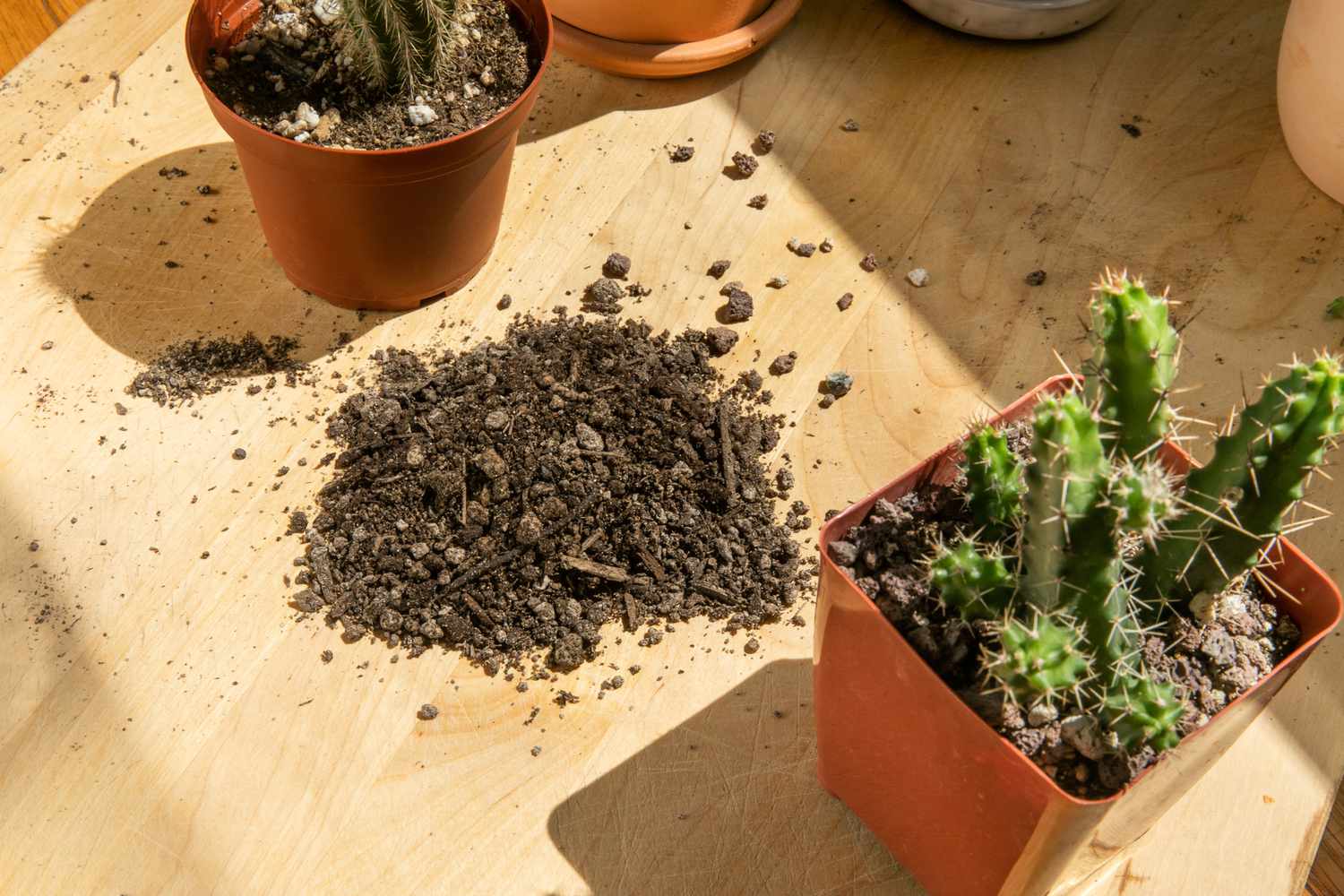
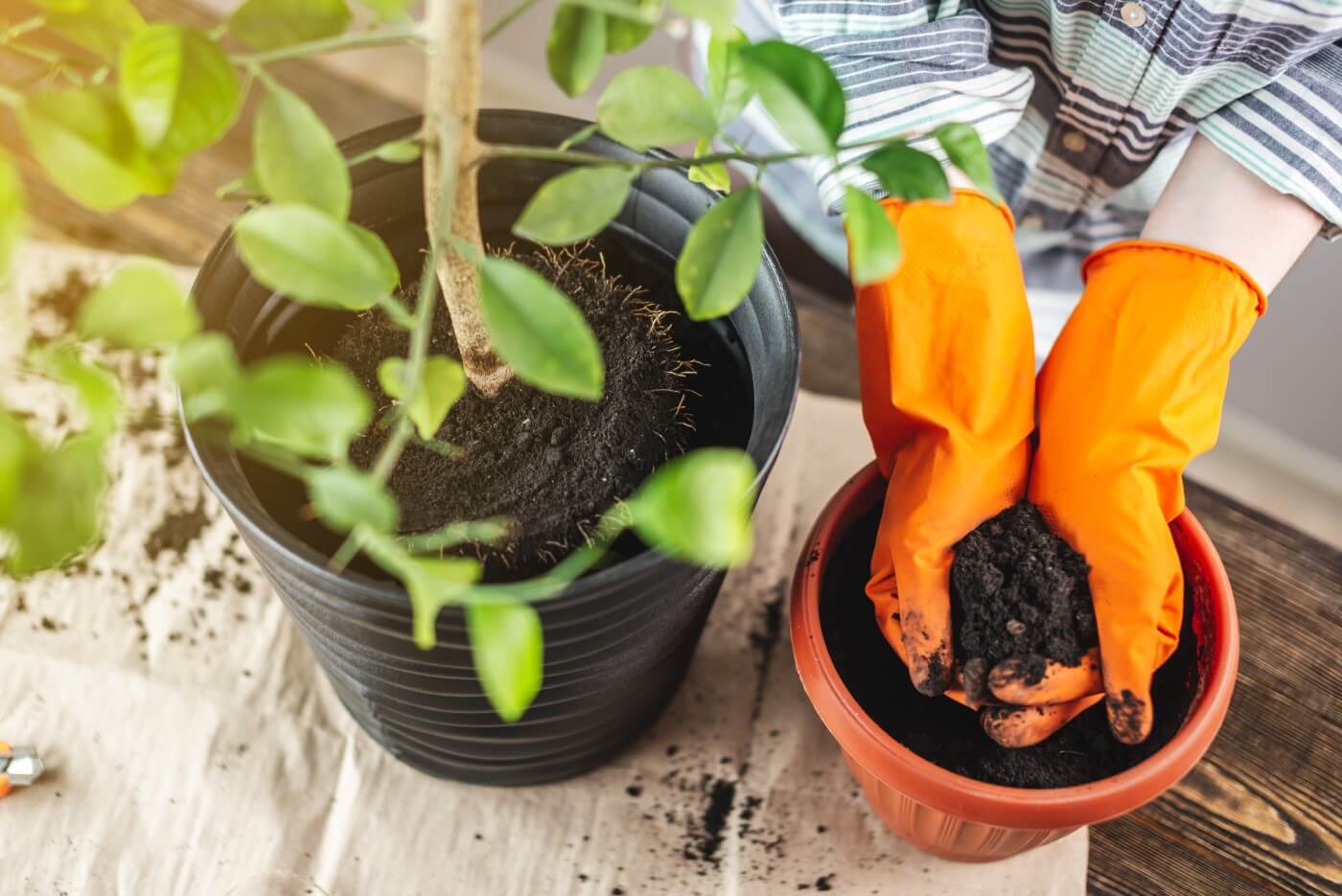
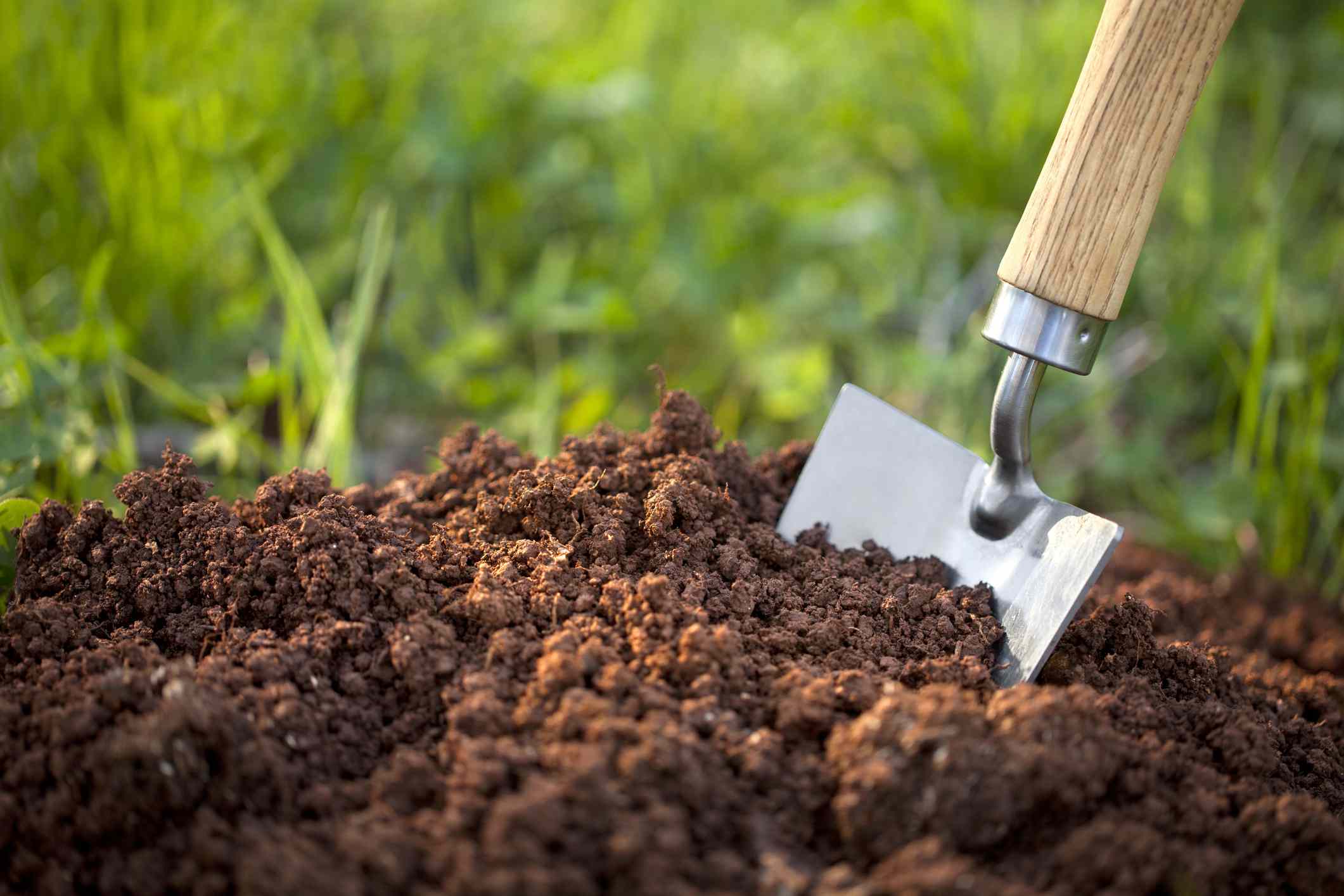
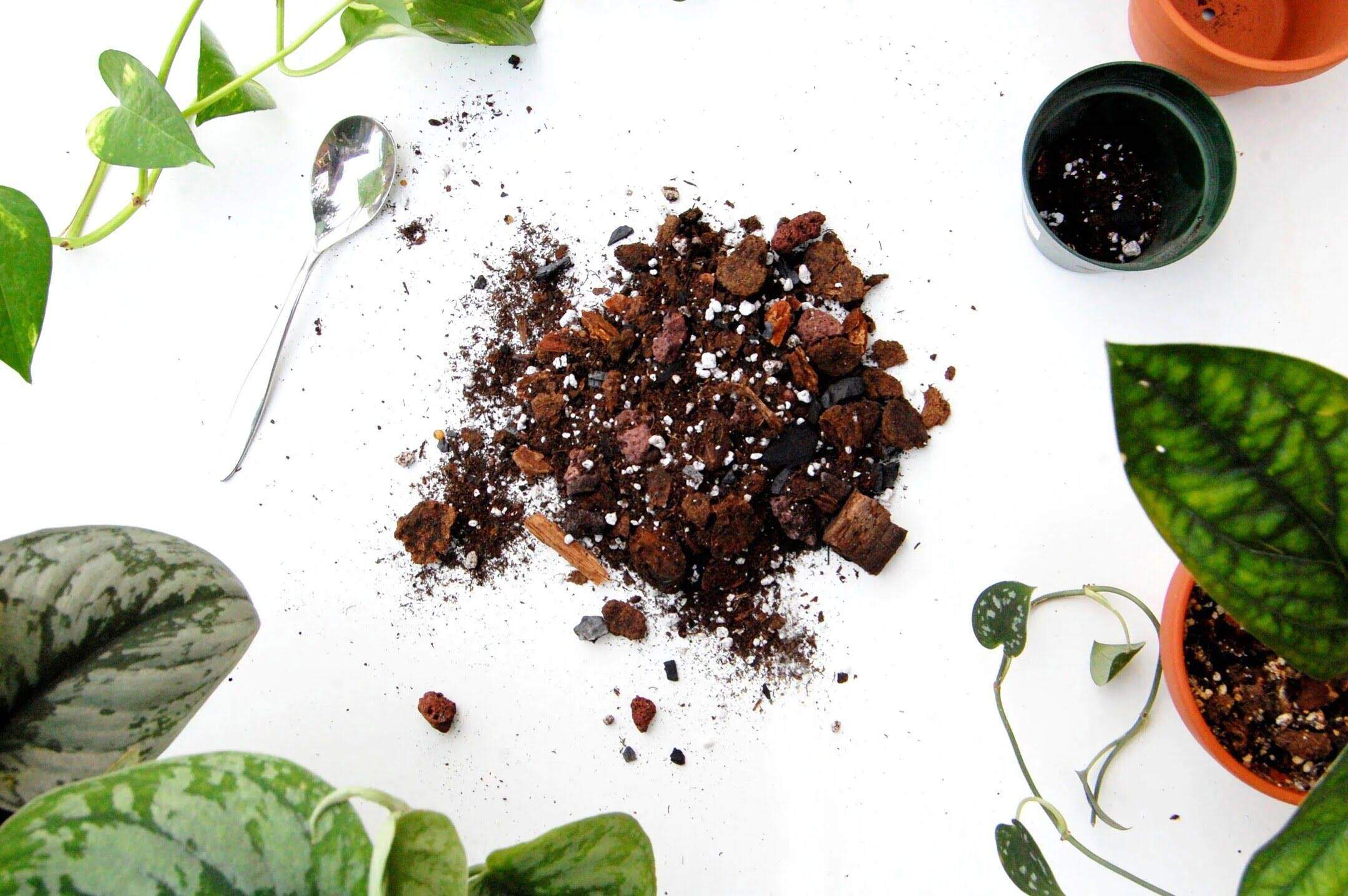
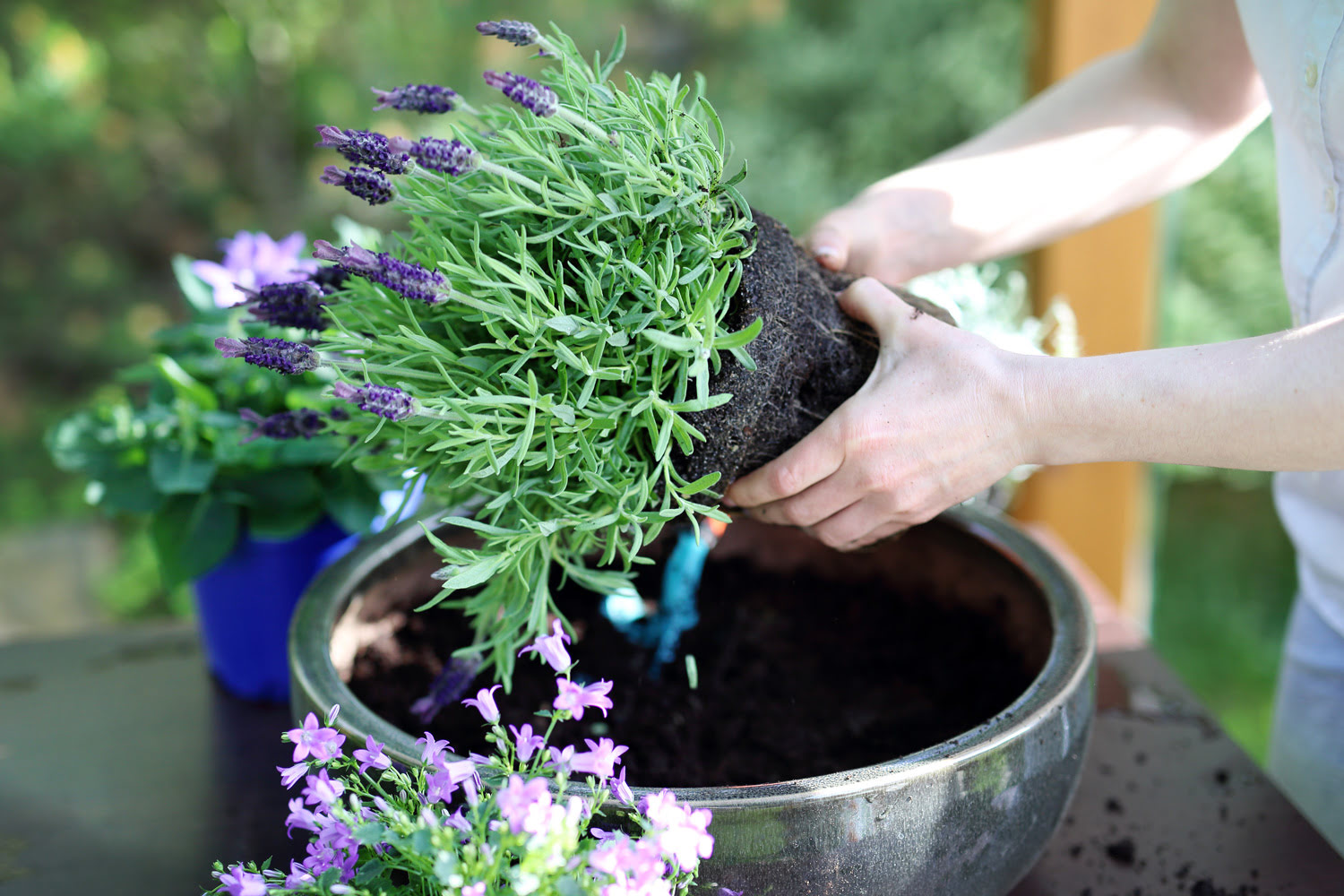
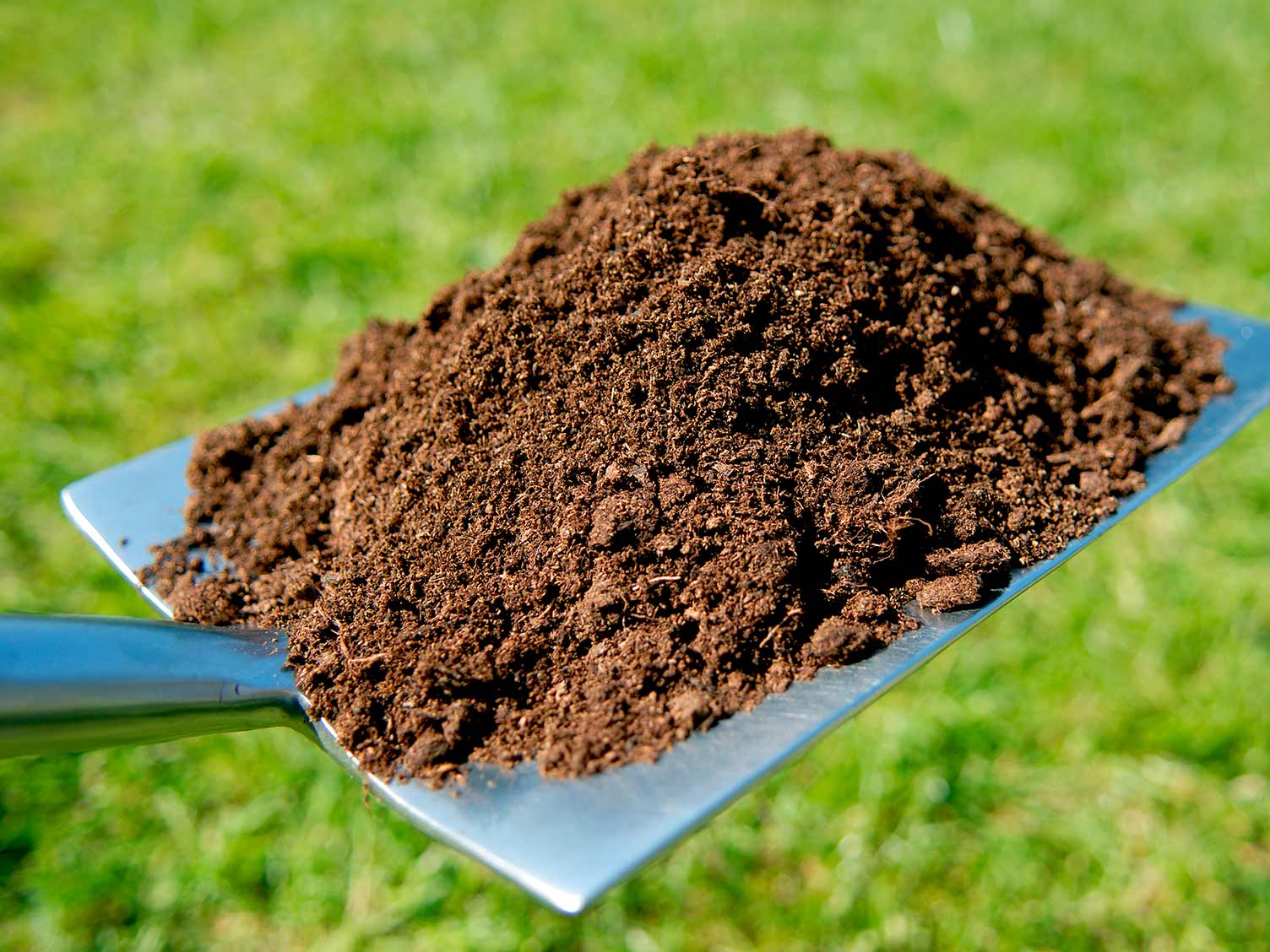
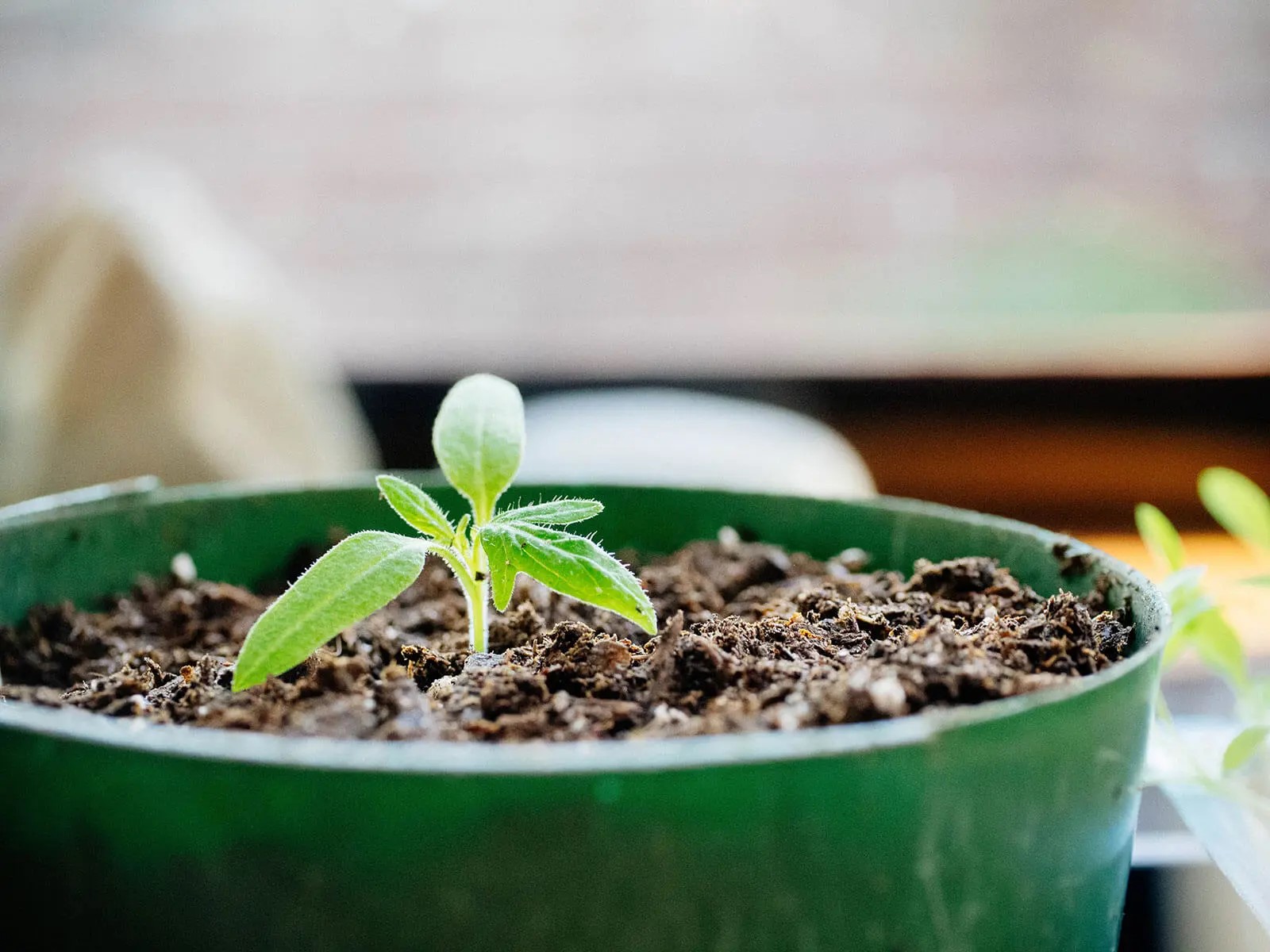
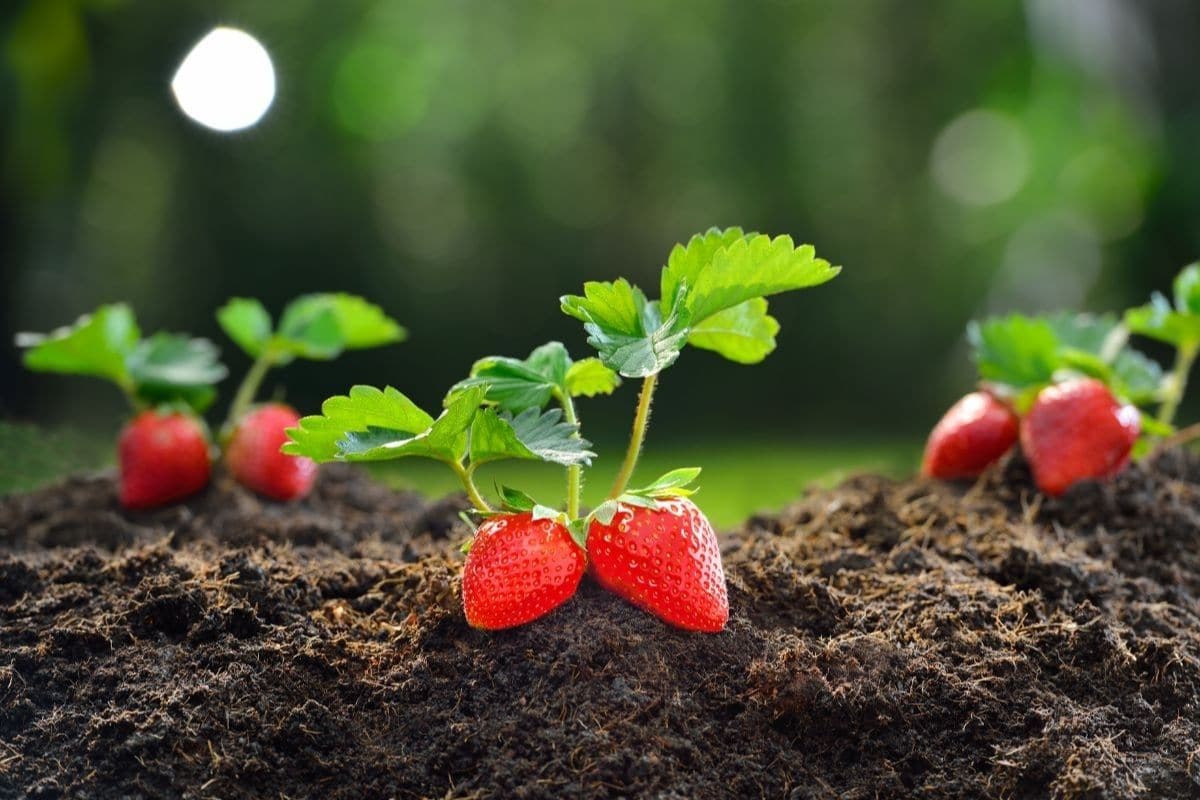
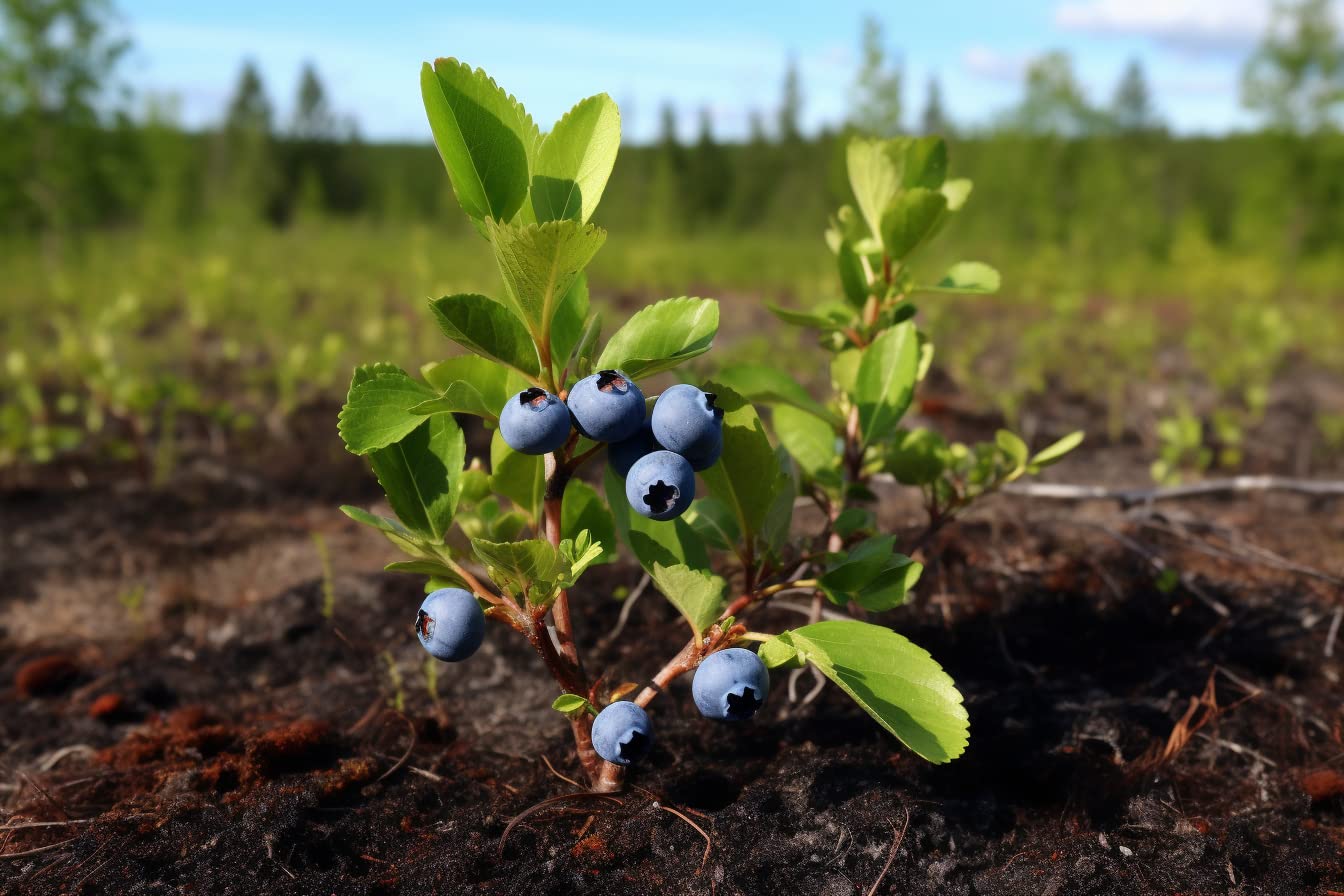

0 thoughts on “How Long To Keep Bulk Soil Mix”